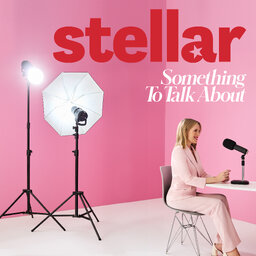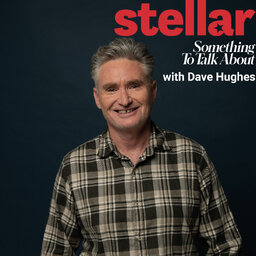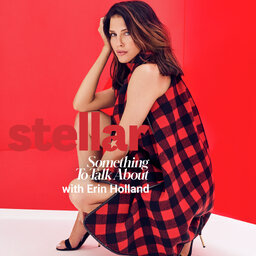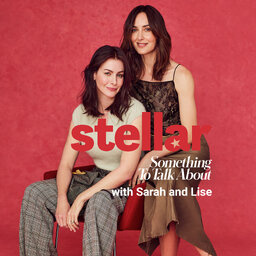Trying to be “hot” can be hell. Just ask Lucinda “Froomes” Price
Lucinda Price, aka Froomes, grew up in the mid-2000s, when being hot was a commodity. As a teenager, the now well-known writer, comedian and presenter decided that hot was all she ever wanted to be. She even had her first cosmetic surgery procedure when she was 17. Now she has written her first book, All I Ever Wanted Was To Be Hot – part memoir and part social commentary, it dives into why pop culture makes women feel bad about their bodies.
On today’s episode of Something To Talk About, Froomes joins Sarrah Le Marquand to discuss her experience of developing and then recovering from an eating disorder, the toxic impact of pop culture on young women and the current obsession with weight-loss injections.
If you’re struggling with an eating disorder, contact The Butterfly Foundation
All I Ever Wanted Was To Be Hot by Lucinda Price (Pantera Press, $34.99) is out now.
You can find more from Lucinda Price aka Froomes on Instagram
Something To Talk About is a podcast by Stellar, hosted by Editor-In-Chief Sarrah Le Marquand
Find more from Stellar via Instagram @stellarmag or pick up a copy inside The Sunday Telegraph (NSW), Sunday Herald Sun (VIC), The Sunday Mail (QLD) and Sunday Mail (SA)
 Something To Talk About
Something To Talk About


